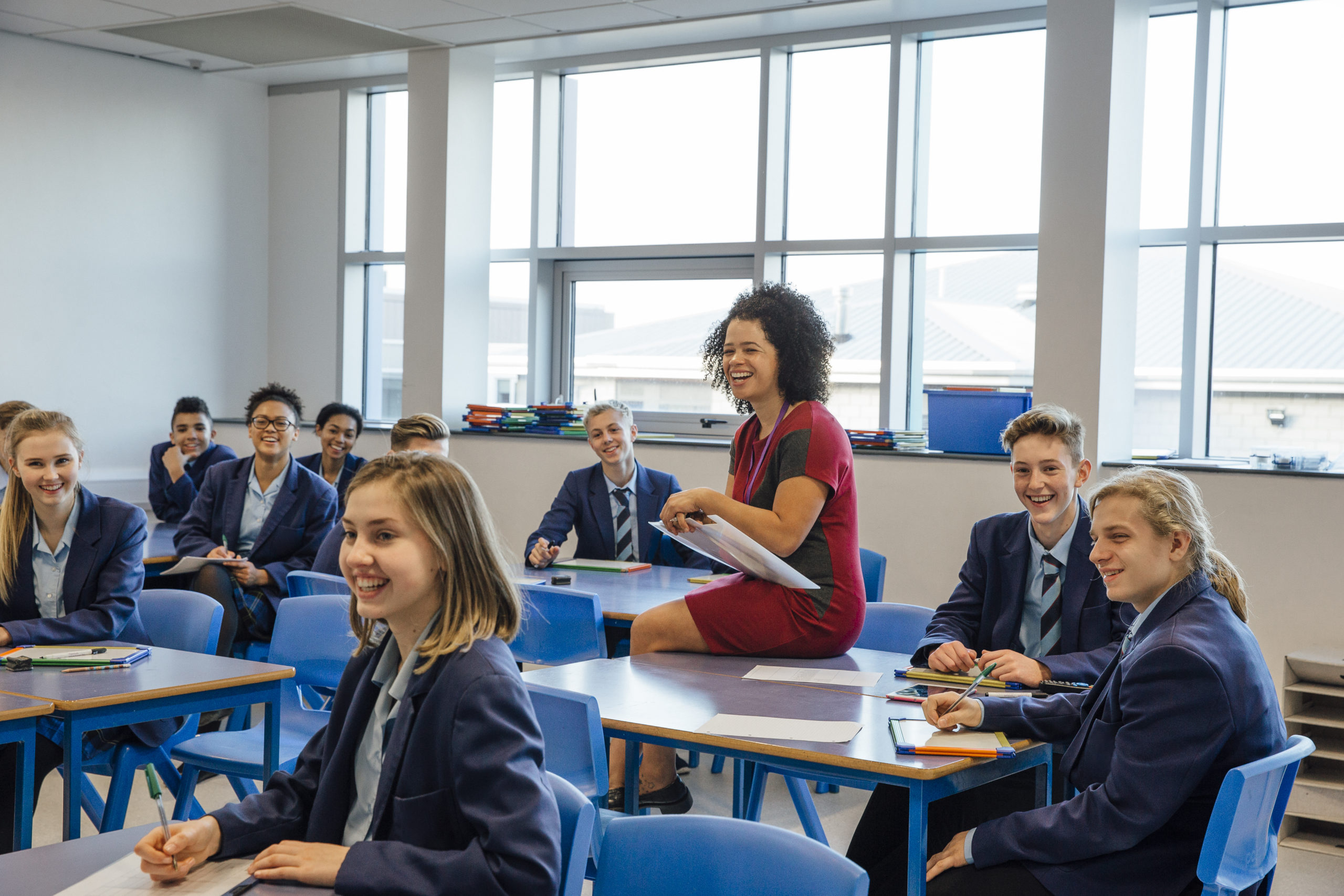This September, for the first time in many years, I found myself leading a department with non-specialist teachers delivering Year 7 geography. I know from speaking to others that this is a position that many geography departments find themselves in year after year and so I recognise how rare my experience has been if this is a novelty!
In the not-so-distant past, I found myself teaching Year 7 History and Year 8 RS as a non-specialist and quite frankly, I did not enjoy the lessons. I was very aware that my knowledge was poor and the resources I used were generic and not adapted to my teaching style. But more than this, what I really disliked was the feeling that I was failing to stimulate the students’ intellectual curiosity. The lessons involved me delivering a PowerPoint to students and not much else. I didn’t know what a good lesson in History or RS looked like, I didn’t know what the core knowledge in each lesson was and I didn’t have the subject knowledge to know how to stretch and challenge the most able.
With these past experiences in mind, I was determined to ensure that our Year 7 schemes of work were set up for non-specialists to deliver. I wanted to ensure that they knew:
- What the core knowledge was in each lesson
- How the classwork activities and notes might look in a student’s book
- How to stretch and challenge the most able whilst also providing scaffolding for those who might need it
Below, each of these aims (and how I’ve tried to achieve them) is discussed in turn. If anyone has any other ideas or advice, I’d love to hear it below!
- What is the core knowledge in each lesson?
This first aim is perhaps the most important: what is the core, powerful knowledge to be gained in each lesson? In order to ensure non-specialists and specialists alike know what the core knowledge is I ask a colleague to produce a summary for each of the Year 7 lessons. This summary is two or three short point sentences shared with teachers in a briefing prior to beginning the scheme of work. This is incredibly simple yet can get overlooked amongst the busyness of term time. Pleasingly, from conversations overheard in the office, taking the time to do this so far has worked really well!
2. How might the classwork activities and notes look in a student’s book?
When I think back to teaching subjects I knew very little about, I know that something as simple as an example of good classwork would have made my life an awful lot easier. Now, to some, this might sound like a silly aim. After all, if we’re valuing teacher autonomy isn’t this for the teacher themselves to decide? So, let me be clear: I’m not suggesting that every student’s book needs to look the same or indeed that every lesson needs to be structured the same way. Rather I’m suggesting that depending on the level of detail in the resources shared, it might not be obvious which activities warrant more focus.
Thus, one simple solution is to scan in a previous example of classwork for each lesson. At the start of the PowerPoint resource is a photograph of a student’s book from last year. Staff are free to use this for guidance if they wish.
3. How can the needs of all students be met?
This is perhaps the most time-consuming and challenging of the three because often, to ensure a non-specialist is able to scaffold effectively requires additional resources. However, once the work is done, anything produced should be a resource that benefits all – even the most experienced specialist teachers.
My ‘to-go’ scaffold for non-specialists is a keyword list for the topic. This provides a clear ‘checklist’ of vocabulary that shows the progression through the topic, can provide a basis for retrieval practice in lessons and can be given to students to support them in extended writing tasks. This list of vocabulary is also another way of presenting the core knowledge as discussed above – and what’s better in teaching than killing two birds with one stone!

Kate Stockings is Head of Geography at The Hampstead School having completed her PGCE at the University of Cambridge 2014-2015. She is an author for OUP and has completed her Masters in Education.
